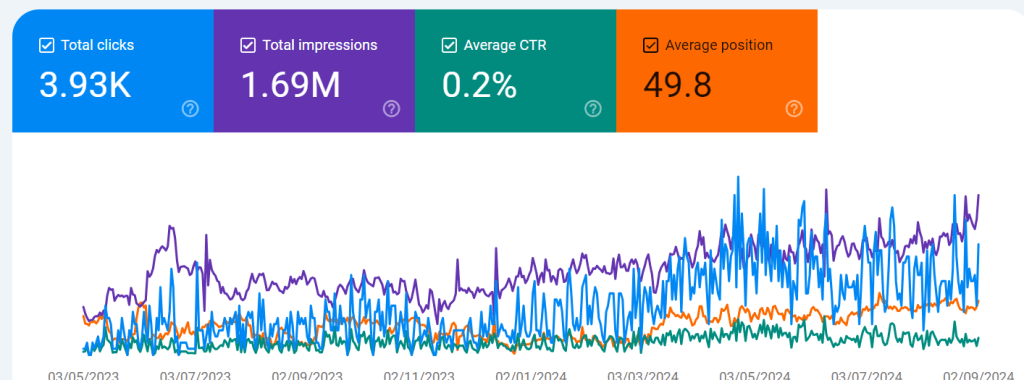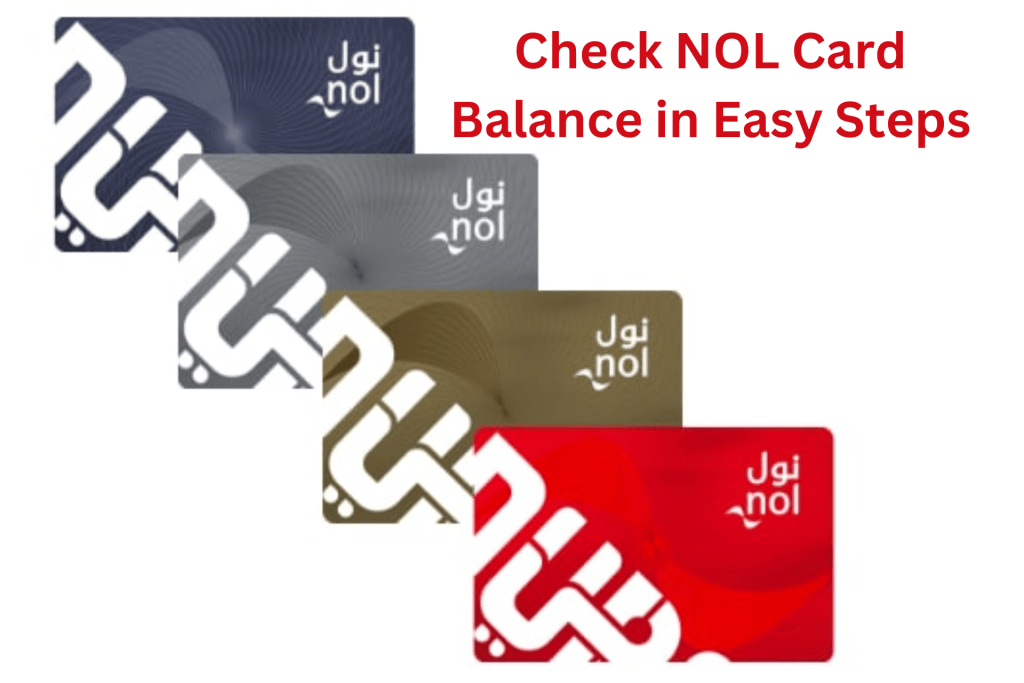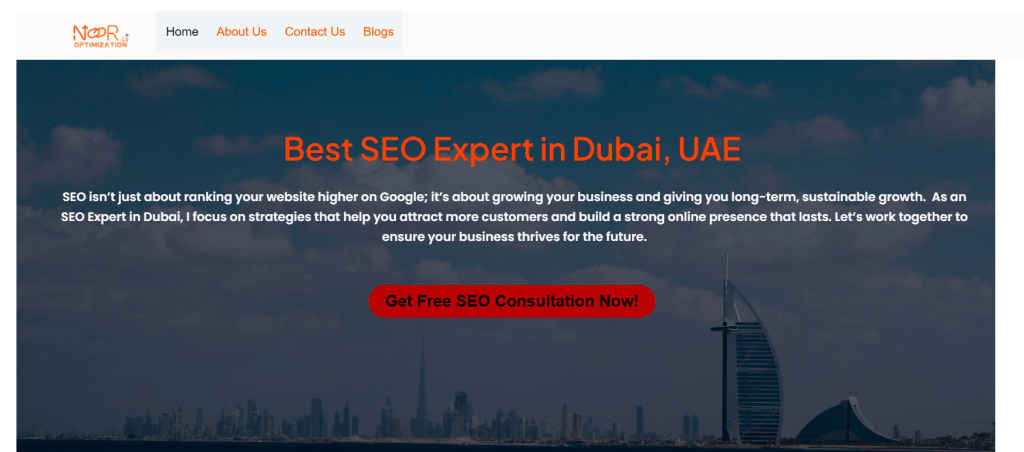
Table of Contents
ToggleWhat is SEO?
For any website owner who wants to rank their website higher must know what is SEO –
Search Engine Optimization (SEO) is a way to make your website more visible on search engines like Google.
The goal is to get your site to show up higher in search results so more people can find it.
Google wants to display the most relevant search results for its queries. To do so, it needs to know what each website is about.
Search Engine Optimization (SEO) is meant to do that: help Google know what’s on your page, so that it shows in more results.
4 Benefits of SEO –
- More Visitors: Better SEO means more people will visit your website.
- Cost-Effective: SEO can be cheaper than paid ads in the long run.
- Trust and Credibility: High rankings can make your site seem more trustworthy.
- User Experience: Good SEO often means a better experience for your visitors.
6 Core Components of SEO –
- Keywords: Words and phrases people type into search engines.
- Content: Useful, high-quality articles, images, and videos on your site.
- Technical SEO: Making sure your site is fast and works well.
- Backlinks: Links from other sites that point to your site.
- On-Page SEO: Using keywords in the right places on your pages.
- Off-Page SEO: Actions outside your website that affect your ranking.
Best SEO Techniques:
Name your pages with a very relevant title
Name your images “Blue-full-sleeves-shirt.png” instead of “IMG_168484.png”
Google allows you to add title, descriptions/keywords for their engine, use them
Craft compelling meta title and descriptions for each page. Do not use same duplicate meta title & description for every page.
Meta title is the first thing you see while you search for something on Google, descriptions are the short snippets that appear below your page title on search engine results pages.
Utilize these descriptions wisely by incorporating relevant keywords.
Think of it as giving Google a sneak peek into what your content is all about. When describing that stunning blue full-sleeves shirt on your page, be explicit with terms like “fashionable blue shirt” “long-sleeve apparel” or “trendy wardrobe essentials.”
This not only helps Google understand your content better but also increases the chances of your page popping up when someone searches for those exact terms.
Optimize your URLs. Keep them short, simple, & reflective of your page content. Avoid using generic terms or strings of numbers.
A clean URL structure makes it easier for both users & search engines to understand the context of your page for e.g. /buy-blue-full-sleeves-shirt.
Heading tags (H1, H2, H3, etc.) are your friends. Use them to structure your content.
The H1 tag represents the main heading of your page & is given the most weight by search engines.
Subheadings (H2, H3, etc.) break down your content into digestible sections, making it more reader-friendly and easier for search engines to index.
Include keywords into the main content and write blog content around 3000 words, that’s the optimal length for a article to rank better on Google.
Regularly update and refresh your content. Google favors fresh and relevant information.
Outdated content may not rank as well, so schedule regular content audits to ensure your website is offering the latest and greatest to your audience.
Implement a clean and logical site structure. Your website’s navigation should be intuitive, allowing visitors and search engines to easily find what they’re looking for.
A well-organized site structure improves the overall user experience and positively impacts SEO.
Internal linking is another effective SEO strategy. Link relevant pages within your website to each other.
This not only helps Google understand the structure of your site but also keeps visitors engaged by offering additional valuable information.
Loading speed matters! Slow-loading websites can lead to a poor user experience, and Google takes this into account.
Compress images, leverage browser caching & optimize your code to improve your site’s loading time.
Remember, SEO is an ongoing journey. Keep tweaking, refining & adapting your strategies to stay ahead in the ever-evolving digital realm.
Get the Best SEO Services Now!
Transform your online presence with Noor Optimization! I offer top-notch SEO services that are both affordable and incredibly effective.
My results outshine any agency, guaranteed. Get ready for more traffic, higher rankings, and a better online reputation with Noor Optimization.
Ready to boost your business? Reach out today!
FAQS for SEO
-
What is SEO? SEO stands for Search Engine Optimization, which involves optimizing a website to rank higher in search engine results and attract more organic traffic.
-
How does SEO work? SEO works by using various techniques to improve a website’s visibility on search engines, including keyword research, content creation, and link building.
-
Why is SEO important? SEO is important because it helps increase website traffic, build credibility, and improve user experience, leading to better business outcomes.
-
What are keywords? Keywords are words or phrases that users type into search engines to find relevant information. They are crucial for SEO as they help search engines understand the content of a website.
-
How do I do keyword research? Keyword research involves identifying popular search terms related to your business or content, using tools like Google Keyword Planner, SEMrush, or Ahrefs.
-
What is on-page SEO? On-page SEO involves optimizing individual web pages to rank higher in search engines, including using relevant keywords, meta tags, and high-quality content.
-
What is off-page SEO? Off-page SEO involves actions taken outside of your website to impact your rankings within search engine results pages, such as link building and social media marketing.
-
How long does it take to see SEO results? SEO results can take anywhere from a few months to over a year, depending on factors like competition, content quality, and the effectiveness of your SEO strategy.
-
What is Google’s algorithm? Google’s algorithm is a complex system used to determine the ranking of websites on its search engine results pages, based on various factors like relevance, quality, and user experience.
-
How do I track SEO performance? You can track SEO performance using tools like Google Analytics, Google Search Console, and various SEO software that provide insights into traffic, rankings, and user behavior.

I’m Adam, the SEO expert behind Noor Optimization, working day and night to help small and medium businesses in Dubai—and around the world—get noticed on Google. With a hands-on approach, I focus on simple, effective SEO strategies that bring real results, helping my clients attract more traffic and grow in a sustainable way. I’m passionate about making SEO work for everyone, especially for businesses who need to maximize their visibility online.
If you’re looking for personalized SEO support to reach more customers and achieve long-term growth, reach out to me at Noor Optimization. Let’s work together to get your business the recognition it deserves!

